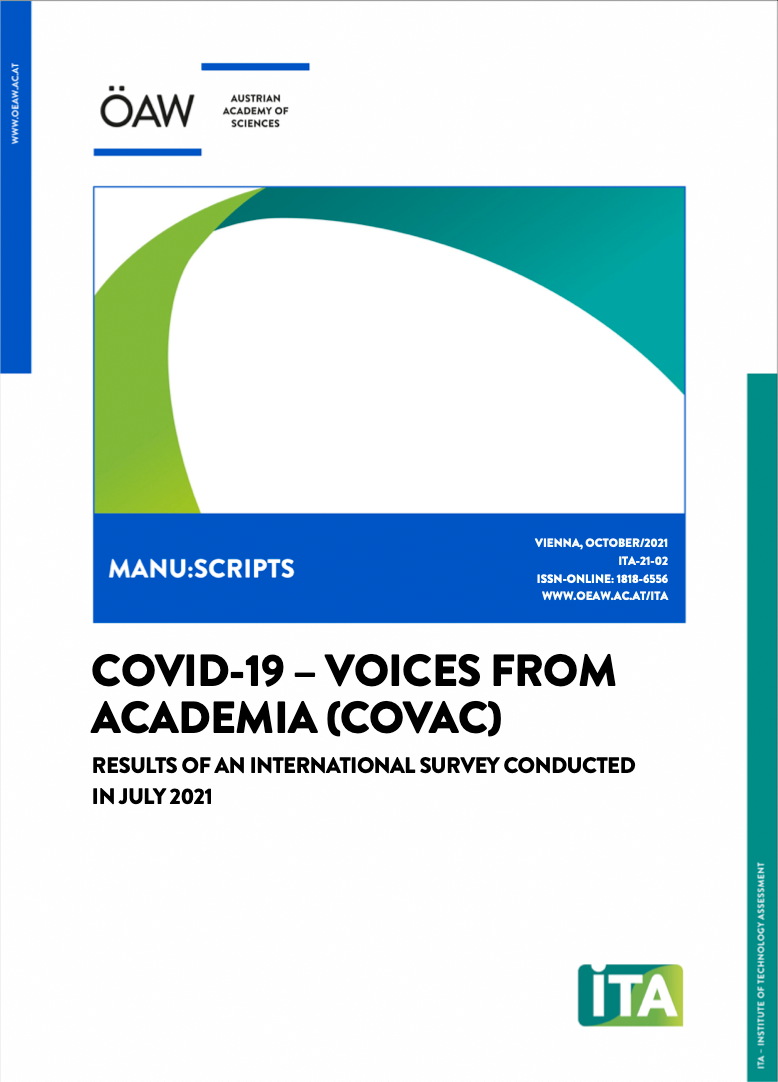
ITA manu:scripts, pp. , 2008/11/18

This article investigates whether political use of the Internet affects users politically. Using a com- bination of log- and survey data from a study of Internet use during the Danish 2007 parliamentary election, and inspired by theories on agenda setting and on the active/interactive user, three hypo- theses are tested: 1) that those who use the Internet most intensively politically are also the most politically affected, 2) that “net activists” (web 2.0 users) are affected more by their political Inter- net use than “information seekers” (web 1.0 users), and 3) that those who are somewhat or little in- terested in politics are those most affected by their political Internet use in an election period. All three hypotheses are verified with some modifications. Furthermore, it is demonstrated that socio- demographic factors like age, gender, education and income are of little importance in explaining variation in how voters are affected by their political Internet use. Rather, the level and type of po- litical activity on the Internet and political interest seem to be the most important factors in ex- plaining the degree to which voters are politically affected by their Internet use.